
Webinars
Past Webinars
Browse recordings of past webinars to catch up on valuable information you missed the first time around. Click on any of the topics below to view a prerecorded session or to view information about the event. The purpose of our webinars is to provide engaging and relevant information to help advance science and community practice to improve the experiences and outcomes of families impacted by substance use disorders.

Addressing research-related stigma to improve quality of care for pregnant and parenting people affected by SUD
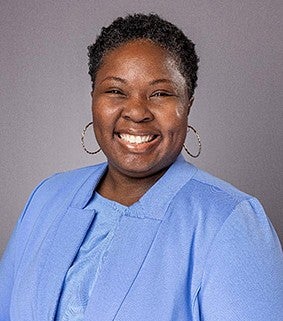
Prenatal Cannabis Use and Maternal and Child Health in the Context of Cannabis Use Legalization
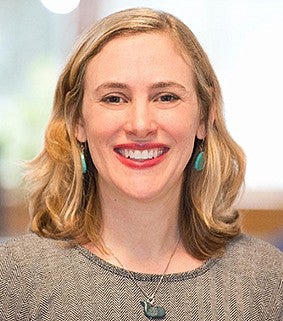
In this moment of invisible symptoms: What the adolescent brain can tell us

Leveraging Community-Based Partnerships and Digital Technology to Support Pregnant and Early Parenting People Seeking Recovery from SUD

Intergenerational Transmission of Risk for Chronic Pain: Why Parent Pain Matters

Harnessing Your Expertise: How the Addiction Experts Can Work with Media to Improve Reporting on Addiction
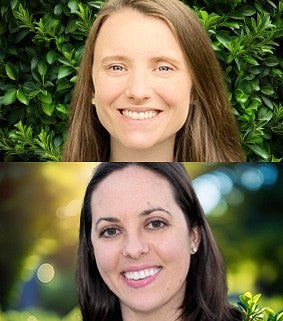
Culturally-Specific Recovery Community Organizations: A Conversation on How to Improve Care and Research

Findings from the Fathering In Recovery Intervention Pilot

Youth Accidental Overdose Prevention event

Advances in Technology-Assisted Interventions for Addiction: Overcoming Barriers to Access, Retention, and Adherence

Working with Parents who are Substance-Involved: Attachment, Trauma, and Child Welfare
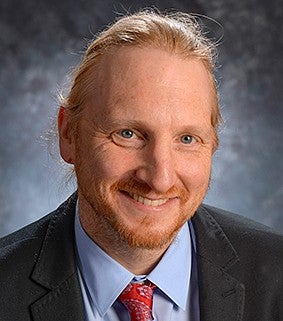
Drugs and Development: Reflections on Human Rights and Science

Changing Currents in our Understanding and Treatment of Addiction: Putting Brain and Behavior Back Together Again

Community-based Research Strategies for People with Substance Use Disorders

Social Media Recruitment for Hard to Reach Populations
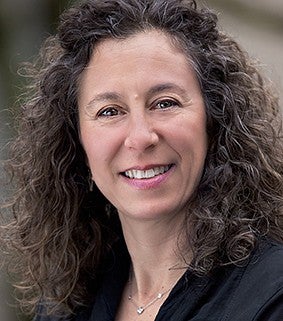
Project Nurture

Inflammation, Opioids, and Developing Respiratory Networks
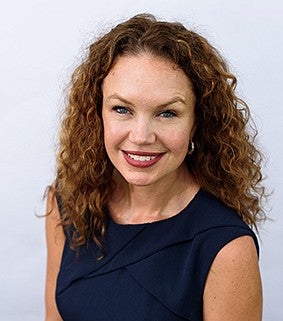
FrameWorks: Best Practices for Harm Reduction and Parenting Framing

Longitudinal Power Analysis and Experimental Design for Grant Submissions

Substance use during pregnancy: Learning from mothers and framing public discourse
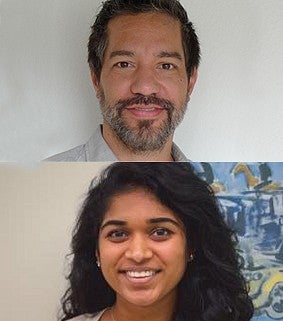
Mapping the emotional experience and social context of adolescents with mood and anxiety disorders: State space grid analysis of ecological momentary assessment data
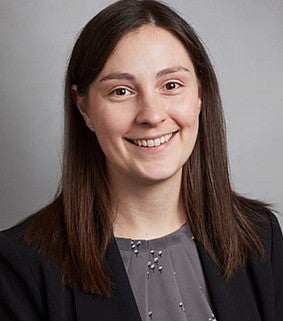
Addiction and parenting: Insights from social neuroscience
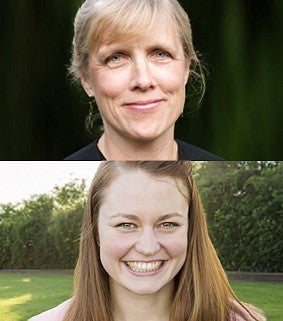
Adapted coached parenting intervention for correction-involved parents with opioid use disorder

